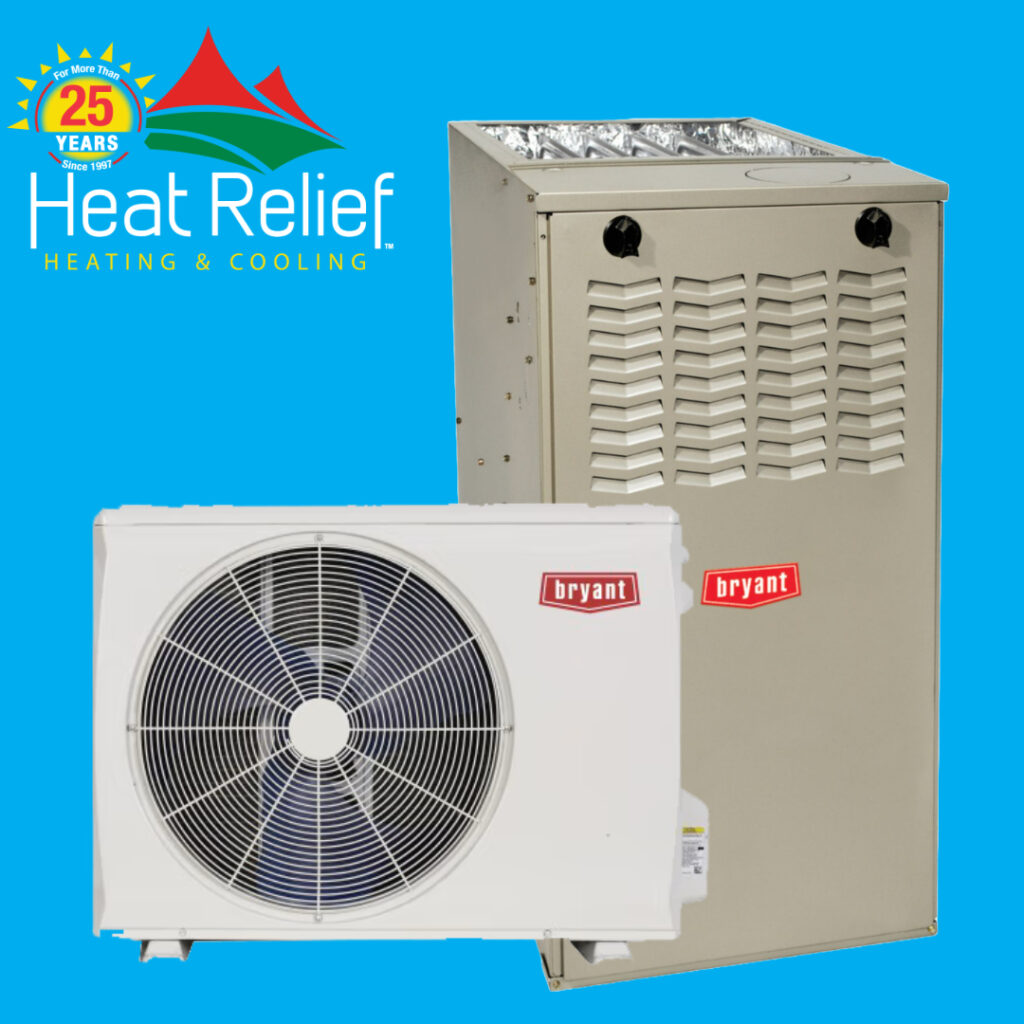When it comes to heating your home, understanding the difference between a heat pump and a furnace is crucial. As a homeowner in Portland, OR, where the climate is generally mild but can get cold during the winter months, choosing the right system for your home could affect both your comfort and energy efficiency. Let’s break down how these two heating systems work, their pros and cons, and which option might be better suited for the specific needs of Portland residents.
How Heat Pumps and Furnaces Work
Heat Pumps
A heat pump is a versatile HVAC system that works by transferring heat from one place to another. In the winter, it extracts heat from the outdoor air (even when it’s cold) and moves it inside your home. During the summer, it reverses this process, acting as an air conditioner by removing heat from the inside and transferring it outside. Because it moves heat rather than generating it, a heat pump is generally more energy-efficient than traditional heating methods.
Furnaces
A furnace, on the other hand, works by burning fuel—typically natural gas, propane, or oil—or using electricity to produce heat. This heat is then distributed throughout the house via a duct system. Furnaces are known for being powerful and capable of producing high levels of heat, making them a popular option for areas that experience more extreme winters.
Pros of Heat Pumps
Energy Efficiency: Since heat pumps transfer heat rather than generate it, they are much more energy-efficient. This can result in lower utility bills, particularly in regions with mild winters like Portland.
Year-Round Use: A heat pump functions as both a heater and an air conditioner, so you’re getting two systems in one. This makes it a convenient option for homeowners looking for an all-in-one solution.
Environmentally Friendly: Heat pumps use less energy, making them a more eco-friendly option, especially if you’re aiming to reduce your carbon footprint.
Consistent Heating: Heat pumps deliver a more consistent, even heat throughout your home without the temperature swings that can occur with other systems.
Cons of Heat Pumps
Performance in Colder Temperatures: While heat pumps are effective in mild climates, they can become less efficient as outdoor temperatures drop below freezing. For Portland residents, this is less of a concern, but it’s still something to consider.
Higher Initial Cost: The upfront cost of a heat pump system can be higher than a traditional furnace. However, this cost is often offset by the energy savings over time.
Lifespan: On average, heat pumps have a shorter lifespan (10-15 years) compared to furnaces (15-20 years), though this can vary depending on the quality of the system and how well it’s maintained.
Pros and Cons of Furnaces
Pros of Furnaces
Reliable Heating in Cold Weather: Furnaces are known for producing a lot of heat, making them ideal for colder climates. Even though Portland’s winters aren’t as harsh as those in other parts of the country, a furnace can still be a good option for those who want extra warmth.
Lower Initial Cost: The upfront cost of installing a furnace is typically lower than that of a heat pump. This can be an important factor if you’re working within a tighter budget.
Longer Lifespan: Furnaces tend to last longer than heat pumps, with many lasting 15 to 20 years or more with proper maintenance.
Cons of Furnaces
Higher Energy Costs: Furnaces, particularly gas furnaces, tend to use more energy than heat pumps, which can lead to higher utility bills, especially in areas with milder winters.
No Cooling Capability: A furnace only heats your home, so you would need to invest in a separate air conditioning unit to stay cool during Portland’s warmer months.
Less Environmentally Friendly: Furnaces that use natural gas or other fossil fuels are not as environmentally friendly as heat pumps, which rely on electricity.
What Type of Heating System is Better for Portland Residents?
For homeowners in the Portland area, the climate plays a big role in deciding between a heat pump and a furnace. Portland’s winters are generally mild, and temperatures rarely drop below freezing for extended periods. Because of this, a heat pump can be an ideal option due to its energy efficiency and dual heating and cooling capabilities.
That said, if you prioritize having a more powerful heating system or if your home is located in a colder part of the Portland metro area, a furnace might be a better fit.
Regardless of which system you choose, it’s important to consult with a Heat Relief professional to determine which option will work best for your home. Contact Heat Relief at (503) 877-1713 to learn more about the best heating solution for your Portland home.

